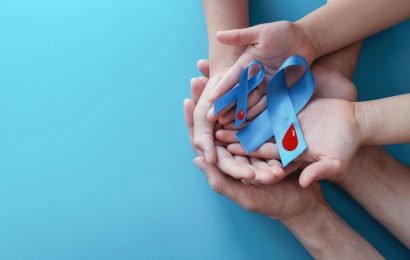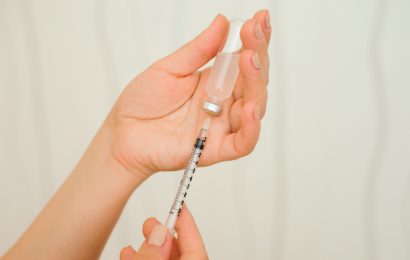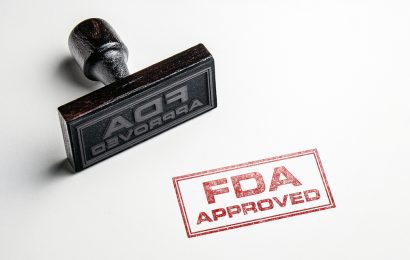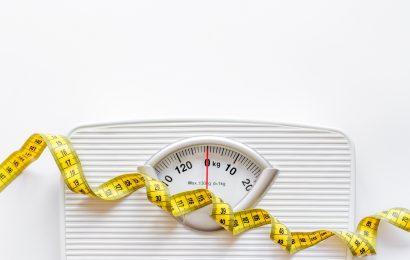It is possible to reverse Type 2 diabetes using a combination of oral medicines, insulin, and lifestyle therapies, according to a small new study from researchers at McMaster University and Hamilton Health Sciences in Ontario, Canada. Approximately 28 million Americans and 3 million Canadians are living with Type 2 diabetes.
Type 2 diabetes occurs when the pancreas does not produce enough insulin and the body does not use insulin efficiently. It is generally considered to be chronic and progressive (meaning that it worsens with time), and medical approaches to reversing the condition have not been thoroughly studied.
To evaluate the safety and effectiveness of intensive short-term treatment for putting Type 2 diabetes into remission, scientists randomly assigned 83 adults who’d had Type 2 for at least three years to one of three study groups. Two of the groups were treated intensively with a personalized exercise plan, a meal plan that reduced calorie intake by 500–750 calories per day, and oral medicines (metformin and acarbose [brand name Precose]) and basal insulin glargine (Lantus, Basaglar, Toujeo) at bedtime to tightly manage their blood sugar levels, meeting regularly with a nurse and dietitian to track their progress. One of these groups received the treatment for 8 weeks and the other received the treatment for 16 weeks, with both groups stopping the diabetes medicines after the treatment period and being encouraged to maintain the lifestyle changes. A third control group received a pedometer, along with standard advice on managing blood sugar and making lifestyle changes from their usual health-care provider.
The participants had their HbA1c levels (a measure of glucose control over the previous 2–3 months) measured at 8, 20, 28, and 52 weeks, and also underwent oral glucose tolerance tests (in which blood glucose levels are measured after the ingestion of a glucose-rich drink).
The researchers found that three months after the interventions were completed, 11 of 27 people in the 16-week intervention group — or 40.7% — had HbA1c levels meeting the criteria for complete or partial diabetes remission, compared to 4 of 28 people in the control group (14.3%). Six of 28 people (21.4%) in the 8-week intervention group also met the HbA1c criteria for complete or partial diabetes remission at three months after completion of the treatment, compared with 3 out of 28 people in the control group (10.7%).
“By using a combination of oral medications, insulin, and lifestyle therapies to treat patients intensively for two to four months, we found that up to 40% of participants were able to stay in remission three months after stopping diabetes medications,” noted the study’s first author, Natalia McInnes, MD, MSc, FRCPC. “The findings support the notion that Type 2 diabetes can be reversed, at least in the short term — not only with bariatric surgery, but with medical approaches.”
Although metformin, acarbose, and basal insulin glargine were used in this trial, other combinations of drugs could potentially lead to higher remission rates and should be studied, the researchers note.
For more information, see the Endocrine Society press release “Intensive Medical Treatment Can Reverse Type 2 Diabetes” or the study’s abstract in The Journal of Clinical Endocrinology and Metabolism. And to learn more about reversing diabetes, read “‘Reversing’ Type 2 Diabetes: Can It Be Done?” by nurse David Spero.
Beyond Type 1, a nonprofit organization co-founded by Nick Jonas, who is living with Type 1 diabetes, recently announced grants to two diabetes initiatives. Bookmark DiabetesSelfManagement.com and tune in tomorrow to learn more.





